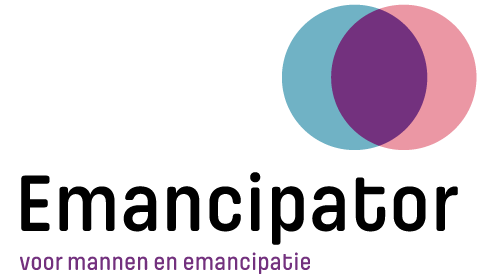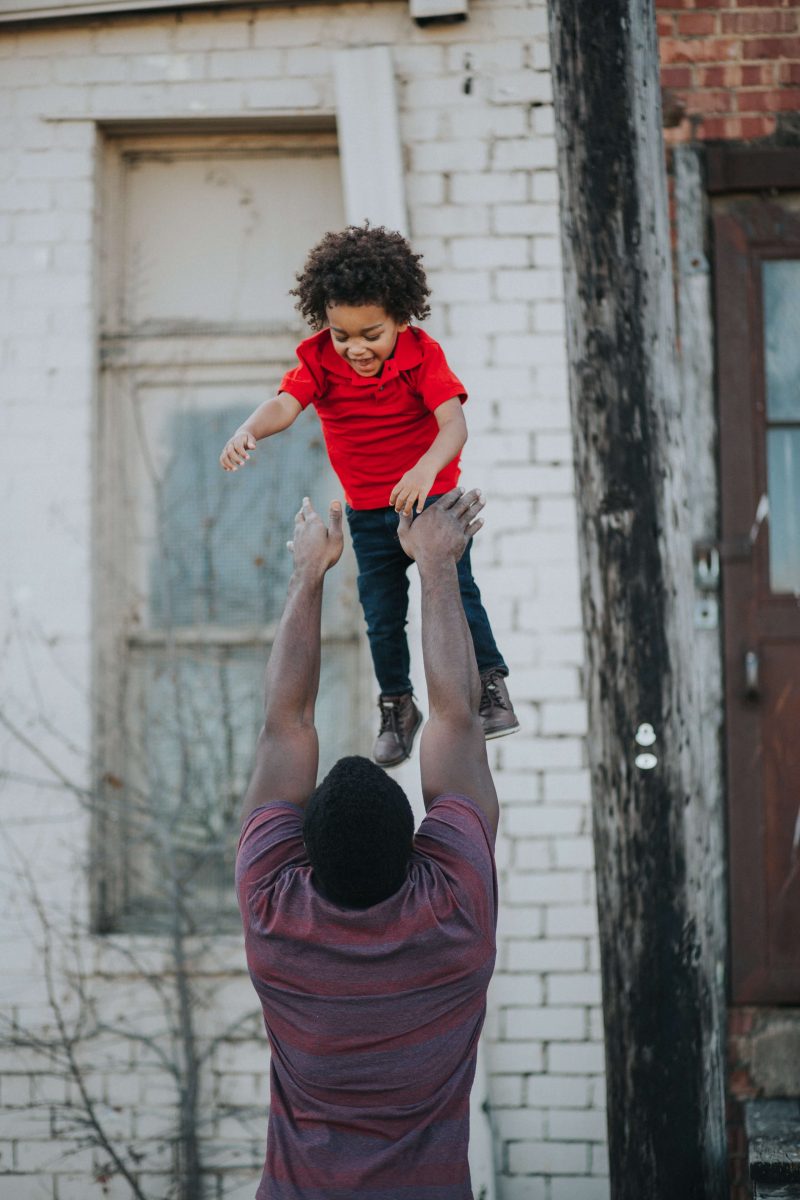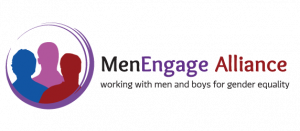Accountability
This page is intended to give an idea of the dilemmas and pitfalls we encounter when working with men and boys on gender equality and social justice, of the principles and principles to which we are committed, and of our shortcomings and considerations in doing so.
This includes taking responsibility for, and being accountable for, misconduct or if you feel in any way we are not, or have not, conducted ourselves in accordance with our principles. If you have something to say about this, we encourage you to contact us using the form at the bottom of this page.
Emancipator is a member of the MenEngage Global Alliance and is therefore committed to their code of conduct.
Practicing what we preach, walking the talk
We say we are striving for emancipation and social justice, but are we? We say that men’s emancipation contributes to women’s and lgbtq+ emancipation, but is it? We say we are helping to transform attitudes towards masculinity, but is that really happening? These are the kinds of questions that are at the heart of ‘accountability’, a concept that is receiving increasing attention in the global MenEngage Alliance.
Accountability is a word whose many possible meanings nicely demonstrate its versatility. Accountability is liability, imputability, responsibility, approachability, being called to account. It is about being accountable, being responsible, walking the talk, practicing what you preach. In other words: are you actually doing what you say you think is important?
For example: Is it right for men’s emancipation to be financed from budgets intended for the emancipation of girls, women and lhbtq+* persons? Will men’s emancipation soon be the latest hype that suppresses attention for girls and women? Should we be focusing on men and boys when we should be focusing on strengthening the position of girls and women?
And what about other inequalities? Do we pay enough attention to the inequalities between men, for example through racism and homophobia? Are we not participating in the stigmatization of vulnerable population groups if they are seen as the most important target groups?
Do what we say & say what we do
It is important that we take responsibility for what we do and that we can be held accountable. That we are aware of our fallibility, of the fact that we have blind spots that sometimes obscure the unintended negative effects of our work. That we want to learn, grow and develop.
Research shows that men’s emancipation initiatives are not always successful in contributing to the emancipation of girls and women or in questioning and transforming ideas about masculinity and femininity. Especially when the vulnerability of men is central, there is a risk that attention for the responsibilities of men will fade into the background.
We ask men what kind of man or human being they want to be, we ask everyone what kind of man or human being they want to see in the world, and we must therefore also ask ourselves what kind of organisation we want to be.
Working accountable with men
Accountability, according to MenEngage, is ‘the commitment and appropriate conduct of individuals and organisations in the men’s emancipation field towards women’s rights organisations and other social justice movements.’ In other words, to ensure that our work with men and on masculinity truly contributes to social justice.
For accountable work with men…
- we must ensure that gender equality and social justice is the starting point of everything we do, and that we always contribute to the empowerment of women and other marginalised groups;
- we must be aware of our power and privileges as men and men’s emancipation organisations and be open to criticism;
- we must take action to address individual and institutionalised practices that go against our principles, recognise any harm done and compensate where possible;
- respect and encourage leadership by women and other marginalised genders;
- ensure that we have appropriate consultation and partnership structures with women’s rights organisations and organisations representing other marginalised groups;
- acknowledge the risks of our work (see below), be clear about our principles, show what we stand for and where we still have work to do, and be open to and responsive to constructive feedback. That’s what this page is about.
Accountability is about both organisational and personal levels, and about preventing and responding to misconduct.
Why accountability?
Our work on masculinity rests on the shoulders of feminist and women’s rights organizations and the women’s movement. It must therefore always be at the service of this. It is not without reason that we define men’s emancipation as, firstly, the contribution of men to the emancipation of women, other marginalized genders and (other) LGBTQ people, and only secondly as the liberation of men from traditional masculinity.
What might go wrong?
Since the emergence of men’s- and men’s emancipation movements, feminists have voiced concerns about those movements and their intentions and effects. Unfortunately, this is not entirely unjustified. Some examples of what can go wrong:
- Display behavior that we condemn. In recent years, stories have come out about transgressive behavior, abuse of power, sexism, homophobia, etc., by high-ranking men within several MenEngage organizations, UN Women and other idealistic organizations such as Oxfam, and Amnesty.
- Taking up too much space. E.g. a conversation about gender equality with a panel consisting only of men.
- Appealing to traditional masculinity and stereotypes to engage men with our work. For example: ‘real men don’t hit their wives’. This exploits and reinforces problematic gender stereotypes rather than questioning and transforming them.
- Opportunistic motives: men who present themselves as feminists are easily applauded.
- When work with men is subsidized, this is often at the expense of financing other initiatives, for example for women’s or LGBTQ + emancipation.
- Too little consultation with women’s and other social justice organizations leads to neglect of their interests.
- Too much emphasis on the victimization of men because of restrictive gender norms, leads to their privileges disappearing from view.
- As organizations grow, it often proves difficult to continue to propagate feminist core values.
Emancipator as an accountable organisation
Our core principles
- Emancipator is a feminist organisation. We are committed to social justice, to a sustainable world in which everyone can develop and grow in security, freedom and equality. For this to happen, current gender and power structures need to change radically.
- Recognizing that many problems in the world are caused by men and masculinity and that men are rarely approached as gendered beings, we focus on involving men and masculinity in emancipation and feminist issues. On the one hand, this is about engaging men in feminist issues, and on the other hand about making feminist organisations and movements understand that the implementation of men’s emancipation in their work is essential to achieve gender justice.
- We recognise that inequalities and privileges go beyond gender. Therefore, in our work we pay explicit attention to the ways in which racism, heterosexism, validism and sanism, ageism, classism and other inequalities cause the oppression and marginalisation of groups of people, and we realise that these axes of privilege and marginalisation intersect.
What can we improve?
- We strive for a more diverse, representative composition of the team that aligns with the target groups, communities and networks we focus on.
- We strive to appeal to and engage an audience that is even more diverse in terms of gender, sexuality, color, class, age, education, place of residence, cultural background, etc. We strive to ensure that men’s emancipation is about every boy or man without putting the focus on already marginalised groups such as non-white boys or men with a lower socio-economic status, practical education and / or non-Western background. We also want to address boys and men in privileged societies – white, straight, theoretically educated, relatively affluent positions need to emancipate.
- We strive to ensure that time and space and attention in our workshops, sessions and other meetings are fairly shared between the various attendees.
- We strive to communicate clearly so that what we propagate matches what we mean and can be understood in that way. One challenge, for example, is that we often talk about ‘men and women’, which sounds like we have a very binary idea about gender. At the same time, formulations such as ‘people who have been socialized as men’ or ‘the social construct of masculinity’ may be more correct, but are not useful or evident for everyone. We strive to break through the dichotomy between men and masculinity on the one hand and women and femininity on the other, but at the same time we cannot avoid using that dichotomy as the starting point for our work.
- At the same time, we strive for our texts to connect with the various target groups we deal with. Now, this is not always the case, partly due to a lack of professionalism and time concerning communication, partly due to a lack of diversity and representation in the team.
- In projects that focus on the vulnerabilities and marginalisation of (groups of) men, we also strive to pay attention to the fact that men are always privileged and must also be held accountable for their actions and take the responsibility that comes with their position.
- We strive to include our partners in our critical, gender-transformative and intersectional approach, and are aware that this can push us into a position of ‘mansplaining’.
- We strive to be open to reporting undesirable situations or transgressive behavior, internally or with partners, and to act accordingly. The form below is a first step towards this. Feedback is most welcome.
What are we doing right?
- We involve boys and men in emancipation issues by making them part of the solution and thus contributing to the emancipation of women and other marginalised groups.
- We hold men to account for their privilege and responsibility, but at the same time put masculinity and gender at the centre of the problem, instead of individual men.
- We consciously and explicitly stand for a gender-transformative approach.
- We succeed in building a broad, diverse community of very different people and organisations that feel at home with us.
- We work together with a large number of organisations that are, in various ways, committed to promoting and achieving gender equality, and that have all kinds of different target groups and constituencies; through them our message also reaches a wide range of target groups. In the Alliantie Mannenemancipatie Amsterdam (Alliance for Men’s Emancipation in Amsterdam), for example, we work together with organizations that reach groups of men who we would never be able to involve in our work ourselves.
- We recognise that men’s emancipation work stems from the women’s rights and feminist movements and are open to critical friends from the women’s rights movement and feminist organisations.
- We are self-critical both individually and as an organisation. We are aware of our shortcomings.
- We are working on creating a group of ‘critical friends’: an advisory group of people who will look and think with us from various perspectives and various marginalised groups about how we can do our work more inclusively.
Anything to share?
We would like to be critical friends with you and hope that we can keep each other accountable. Do you want to say something in that respect? Get in touch via the form on the right. Thank you!
We will take your report into account in order to improve our work. If we have questions about your report or need further clarification, we will contact you.











